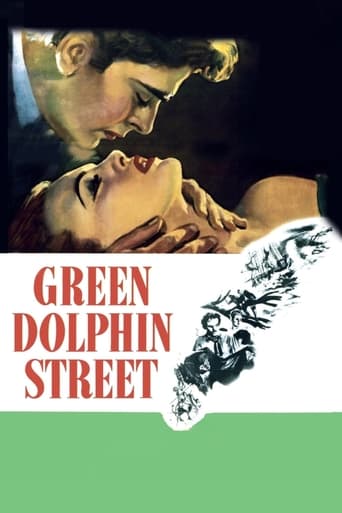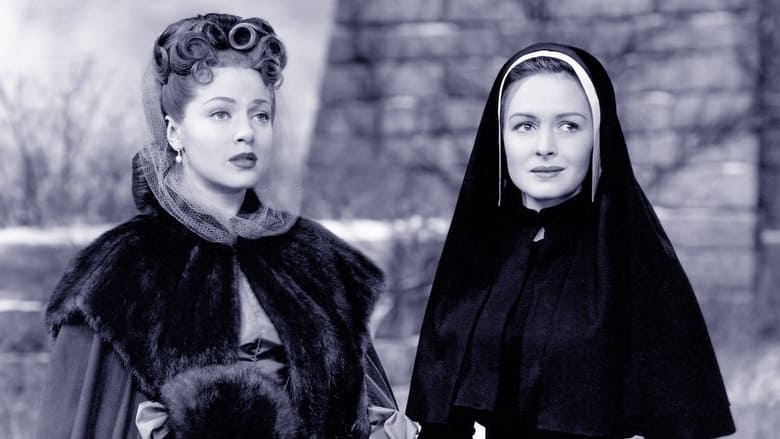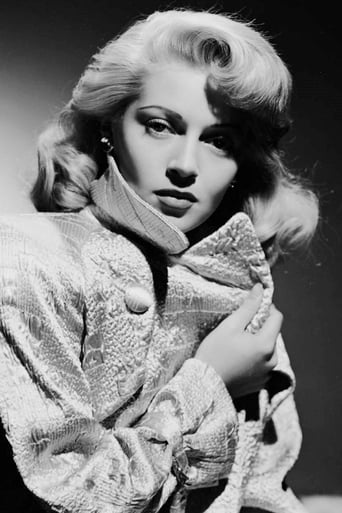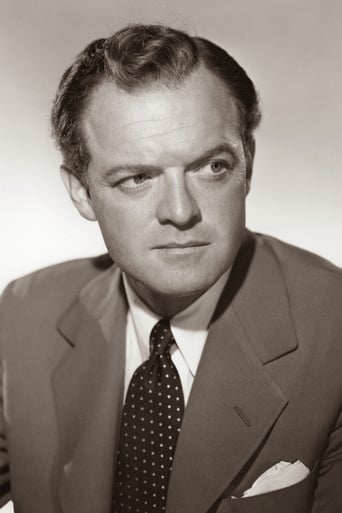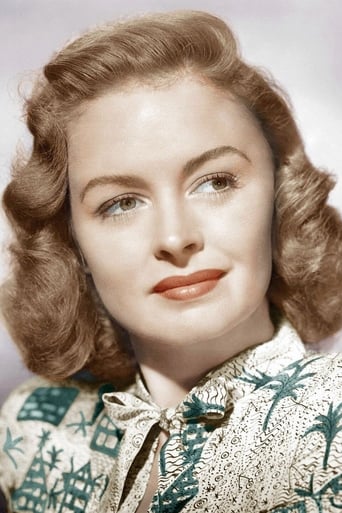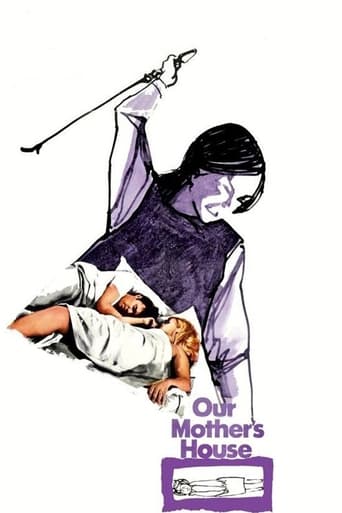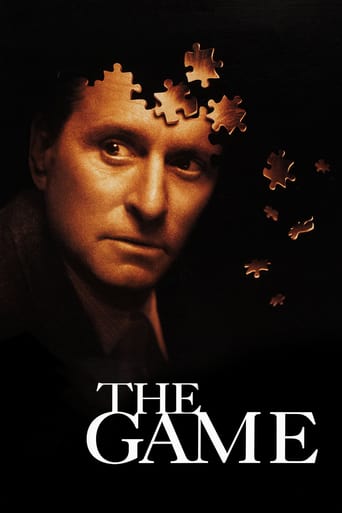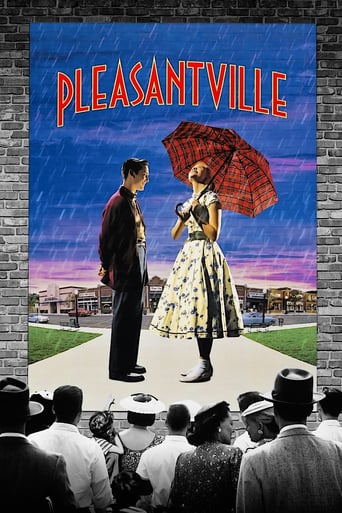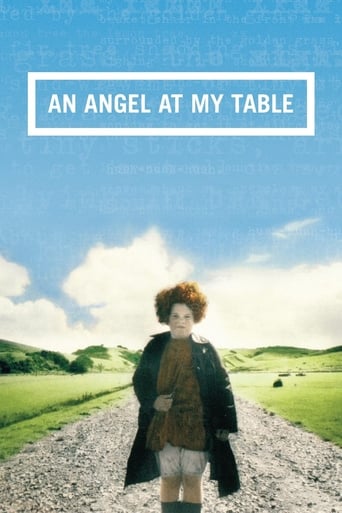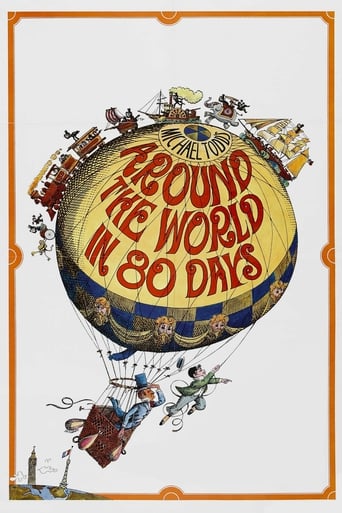Green Dolphin Street (1947)
Sophie loved Edmund, but he left town when her parents forced her to marry wealthy Octavius. Years later, Edmund returns with his son, William. Sophie's daughter, Marguerite, and William fall in love. Marguerite's sister, Marianne, also loves William. Timothy, a lowly carpenter, secretly loves Marianne. He kills a man in a fight, and Edmund helps him flee to New Zealand. William deserts inadvertently from the navy, and also flees in disgrace to New Zealand, where he and Timothy start a profitable business. One night, drunk, William writes Octavius, demanding his daughter's hand; but, being drunk, he asks for the wrong sister.
Watch Trailer
Cast


Similar titles
Reviews
Really Surprised!
This is a coming of age storyline that you've seen in one form or another for decades. It takes a truly unique voice to make yet another one worth watching.
There is, somehow, an interesting story here, as well as some good acting. There are also some good scenes
The film's masterful storytelling did its job. The message was clear. No need to overdo.
I've never thought that Lana Turner was much of an actress, but I liked her quite a bit in "Green Dolphin Street," a rambling costume drama from 1947. Turner carries the film, and without her it otherwise wouldn't have much spunk.Turner plays a feisty young woman who's ahead of her time and isn't content with a lady's lot in 19th Century England, while Donna Reed plays her boring sister. Both fall for the same man, Reed because she genuinely loves him, Turner because she sees in him the raw stuff that she can manipulate into the man who's deserving of her. Much of the film is set in New Zealand against the backdrop of a Maori revolution, while the rest takes place in an English seaside village. There are lost loves, nuns, death, and even an earthquake, all of it mostly ridiculous. But if you can overcome the plot contrivance that sets the entire thing in motion -- the suitor of one of the young ladies accidentally puts the other's name in a drunken letter proposing marriage -- you just might find yourself having a good time."Green Dolphin Street" is pretty much straight up soap opera, but it does flirt with some serious themes about gender equality that make it a rather bold statement for 1947, a time when women were being told to resume their rightful places as mothers and wives and relinquish more important matters back to men.A bevy of character actors like Frank Morgan, Edmund Gwenn, Gladys Cooper, and May Whitty add some class to the proceedings.The aforementioned earthquake garnered "Green Dolphin Street" the Academy Award for Best Special Effects, while it received additional nominations for its black and white cinematography (by perennial Oscar bridesmaid George Folsey), editing, and sound recording.Grade: B+
. . . would fall on deaf ears when Laurence Olivier said it to Ophelia a year later as HAMLET, but it does the trick in GREEN DOLPHIN STREET--even if it's not said in so many words. Winning an Oscar for best "special effects" is the aspect of this film that is the most laughable today. Though film makers had been pointing their cameras toward REAL earthquakes since at least 1906, when you watch the "New Zealand" quake scenes in GREEN DOLPHIN STREET you get the idea that the effects people here had NOTHING to go on in their depictions; that quakes were just a faint rumor from a distant planet. Toppling trees, yawning chasms every few feet, and MINUTES of continuous shaking--oh my! Everyone would be climbing rocky Jacob's Ladders like "Marguerite" to reach the safety of mountaintop monasteries and convents if GREEN DOLPHIN's effects were even half accurate. On the other hand, the lessons of love this movie teaches are as solid today as they were 67 years ago, or in the mid-1800s, when this story is set. Though it's sad that Timothy "Tyharuru" Haslam (Van Heflin) is the odd man out here, this is really a story more about the ladies, anyway.
Simply marvelous picture with Richard Hart writing down the wrong name of two sisters. As a result, he is literally forced to marry the one who showed up.This film had about everything. A superlative cast with the likes of Lana Turner, Donna Reed, Frank Morgan, Dame May Witty, Gladys Cooper, Edmund Gwenn and Van Heflin.Gwenn acts and looks as he did as Mr. Bonnyfeather in the memorable 1936 film "Anthony Adverse." Turner is bright, conniving, but in the end, she is true to her convictions. Reed has her usual vulnerability character, and Cooper is her usual erudite self, but brought down to confession as her life ends. Witty is effective as Mother Superior; perhaps, Peggy Wood emulated her years later in "The Sound of Music." Heflin really undergoes a change of character as the picture progresses. From a drunk, he is appealing, kind and earnest as the movie goes on. Morgan reminds me here of his professor role 8 years before in 'Wizard of Oz,' but at a much more serious level.The general theme of the film is that fate will invariably lead one to redemption and finding a positive life for one self under the circumstances one originally never wanted.The earthquake scene is on par with the one from 1936's "San Francisco."A wonderful film not to be missed.
Lana Turner as Marianne marries her sister Marguerite's beau in "Green Dolphin Street," an MGM extravaganza (but in black and white) that probably was meant to equal Gone With the Wind. The story concerns a family, the Patourels, living on the Channel Islands. Their mother (Gladys Cooper) was forbidden to marry the love of her life (Frank Morgan) and instead married Octavius (Edmund Gwenn) and has two daughters. Morgan returns to the area with a son, William (Richard Hart) and both of the girls go after him, though he falls in love with Marguerite (Donna Reed). Eventually he ends up in New Zealand and, in a drunken stupor, writes to Octavius for his daughter's hand in marriage - except he writes the name Marianne, not Marguerite, thereby changing his life and the lives of the sisters forever.The film is a bit long but holds the viewer once it gets going. Its main problem when it's seen today is the painted backdrops and fake scenery, all extremely obvious. When one compares the backdrops and scenery of the earlier Gone with the Wind to this, it's obvious that Selznick demanded a lot more care from his artists than did the powers that be on this film.There are several striking scenes, but the best is Donna Reed climbing a tunnel inside of a cave to escape the rising tide. The earthquake scenes and the Maori attacks are also excellent and exciting.The role of Marianne is huge and well essayed by Lana Turner. Marianne is a smart, controlling woman whose guidance turns William into a success. Apparently the character in the book was somewhat plain; obviously, Turner isn't, so she brings a femininity and beauty to the part as well as a strong core. Of course, when she's supposed to be pregnant, she's wearing a dress tightly cinched at the waist. It was considered indecent to show pregnancy back then, but it's ridiculous. As Marguerite, Donna Reed manages to bring some color into what is a somewhat thankless role. Van Heflin, as a friend and eventual partner of William, gives a wonderful performance as a tough but kind and tender man who makes William do the right thing by Marianne. Gladys Cooper does her usual fine job as Mrs. Patourel, and her final scene is beautiful. There were several very touching parts of the movie, and that was one of them. Newcomer Richard Hart, who died four years later, is William and looks good once he grows his mustache. The role, however, could have used a more exciting performance. Hart was from the theater and actually performed many of the classics on television in its early days.On an interesting side note, Linda Christian plays Turner's Maori maid. Turner at that time was seeing Tyrone Power. The story goes that Christian overheard Turner say that Power was going to be in Rome. Christian wangled the money for her and her sister, went to Rome, and stayed in the same hotel as Power. He never returned to Turner and the next year married Christian. Apropos of this, "Green Dolphin Street" asks age-old questions - are there mistakes in life, or a guiding hand? Did William really write the name of the wrong sister, or was that as it was meant to be? We all have to decide for ourselves. I'm not sure "Green Dolphin Street" will help one do that, but it's entertaining nonetheless.

